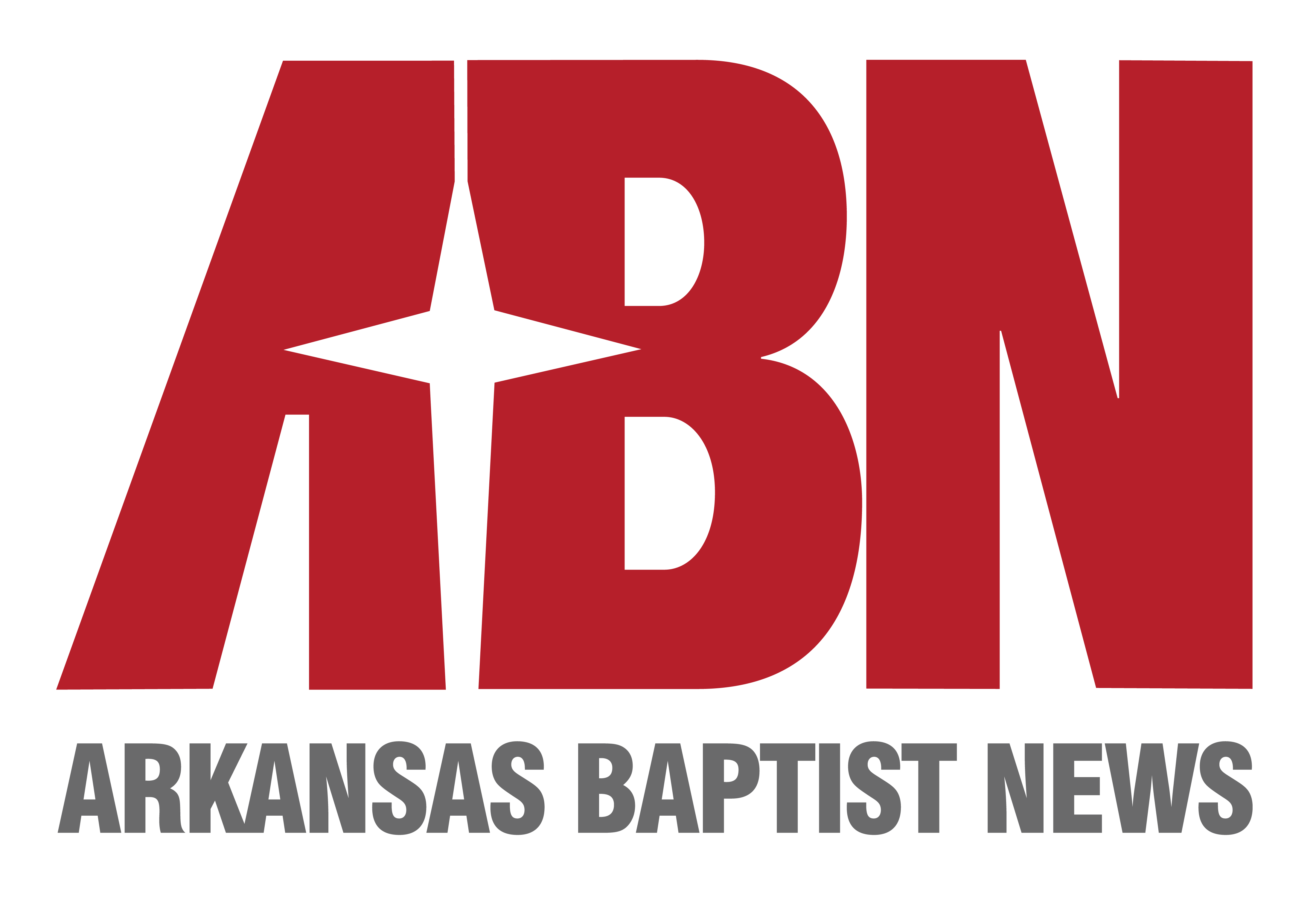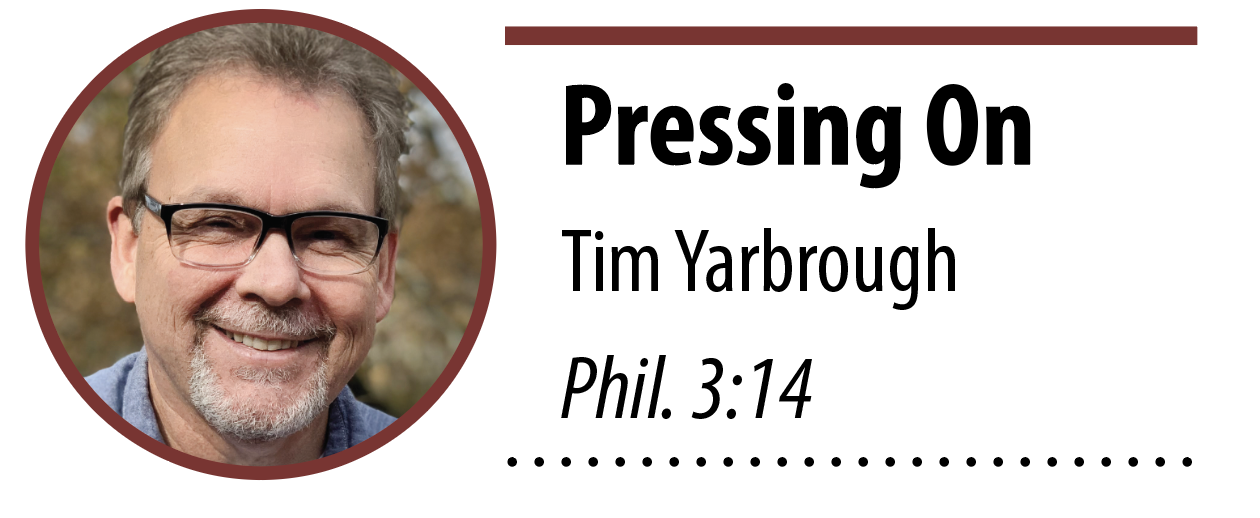A number of years ago I realized that I had not taken the time to read through the entire Bible, chapter by chapter, word for word, in my entire life.

So I sought to correct that the very next year, pacing myself so I would finish the Bible in its entirety over the course of 365 days.
I can’t recall the first reading plan that I used, but it was a daily combination of readings in the Old Testament, New Testament, Psalms and Proverbs.
That first year I remember finishing reading the Bible shortly before Christmas. I was so excited and proud of my accomplishment. It was a very satisfying and enriching experience.
Then, after that first year, I made up my mind to commit to reading the Bible each and every year from that point forward.
To mix it up a bit, I tried various approaches, which included a chronological plan (a plan that organized the Bible into a reading plan in the order each book was written) and reading straight through from Genesis to Revelation, the order the canon is traditionally ordered in most Bibles.
I did this for seven years straight – then I realized something.
While I was accomplishing reading the entire Bible each year, I was focusing more on powering through Scripture than I was studying Scripture.
After this realization, I decided to slow down, take it easy, and I began focusing on “deep diving” into the study of the characters, major events and doctrinal teachings that line the pages of the Bible. I took a classic approach of 1) Observation, asking myself what each passage said, 2) Interpretation, asking myself each passage means, and 3) Application, asking myself what I would do with the passage in light of what it said and means.
I no longer get through the whole Bible each year. Because I take the time to really bath in the vast depths that Scripture possesses instead of just knocking out a strict reading plan with the goal of “finishing.” The time I spend parked on a particular passage, researching and meditating on its meaning and how it impacts my life and ministry is priceless and in many ways more valuable than my former approach of powering through the texts.
What I discovered is common sense, really. The relationships that we value most in life are not the ones that we build by strictly regimenting time slots for interaction – no more or less than the maintenance dose. No, our strongest relationships are the ones that we dig into. Can you think of one family member or close friend who you love, trust, enjoy spending time with, pray for, think about, care for and would likely die for? These kinds of relationships develop over long periods of time and countless honest, no-strings-attached, personal encounters. There is no other way. And as I have come to understand, the same goes for our relationship with Christ – of which our study of God’s Word plays an integral role.

While Americans have a positive view of the Bible, more than half of Americans have read little or none of the Bible, according to a 2017 LifeWay Research survey of 1,000 Americans. Less than a quarter of those who have ever read a Bible have a systematic plan for reading the Christian Scriptures each day. And a third of Americans never pick up the reading the Bible on their own.
The study also found that Americans differ greatly in how they approach reading the Bible. Twenty-two percent say they read a little bit of the Bible each day, in a systematic approach, while a third (35 percent) never read their Bible at all. Another 30 percent said they look up things in the Bible when they need to.
Nineteen percent of respondents re-read their favorite parts of the Bible, while 17 percent open the Bible and read a passage at random. A quarter (27 percent) read sections suggested by others, while 16 percent say they look things up to help others as the need arises.
According to the survey, I am in the smallest group of Bible readers who have read it more than once (9 percent). Another group of respondents (11 percent), say they have read all of the Bible at least once. Taken as a whole, that really isn’t all that bad if you think about it – 20 percent of Christians saying they have prioritized reading through the entire Bible – considering the times in which we live and the multiplicity of distractions that we all face each day.
My challenge to you in 2020 is to not only read the Bible (maybe even the entire Bible), but to slow down enough to wade in its glorious waters that are God’s Word revealed to men.
Tim Yarbrough is editor of the Arkansas Baptist News.
© Copyright 2019 Arkansas Baptist Newsmagazine, Inc. Use of this article in print or through electronic means a violation of copyright. Request permission to reprint here.

